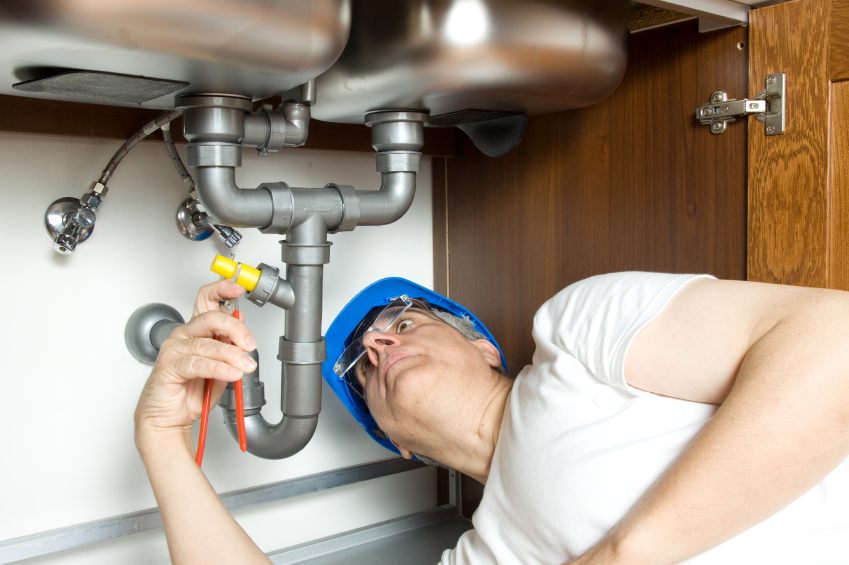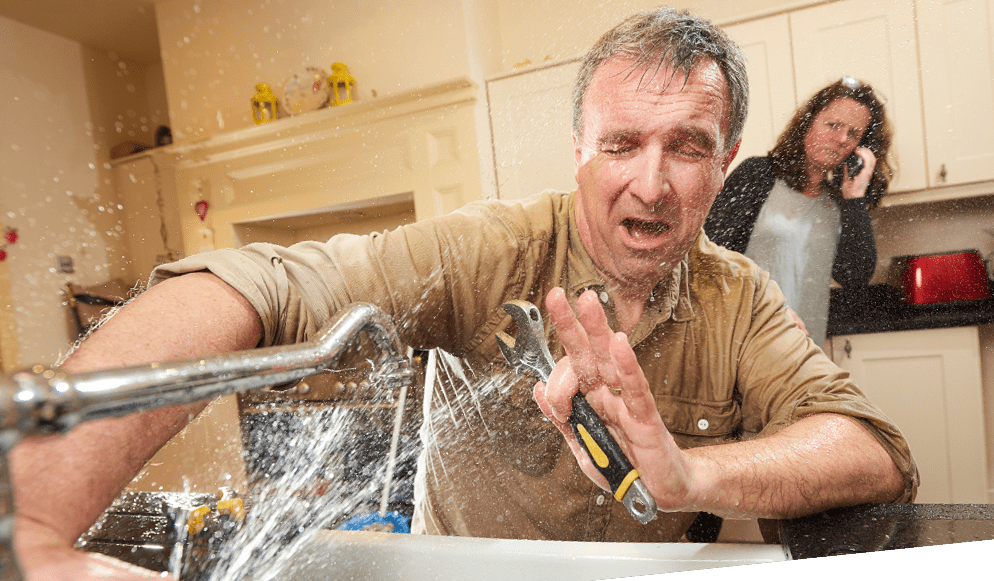Steps to Handle Emergency Plumbing with Quick Tips Until Help Arrives
Steps to Handle Emergency Plumbing with Quick Tips Until Help Arrives
Blog Article
This great article underneath involving Expert Tips for Emergency Plumbing Repairs is immensely attention-grabbing. Read it for yourself and see what you think of it.

Pipes emergency situations can strike any time, creating tension and prospective damage to your home. Whether it's a burst pipeline, a clogged up drainpipe, or a leaking faucet, knowing just how to handle the situation till a specialist plumbing technician shows up can save you from further difficulties. This write-up offers important emergency situation plumbing ideas to aid you alleviate damage and reclaim control during a pipes dilemma.
Switch off the Water System
The initial step in any kind of plumbing emergency situation is to turn off the supply of water. For local problems, such as a leaking tap or bathroom, shut off the valve near the component. When it comes to a significant leak or burst pipeline, find your home's main water shut-off valve and transform it off promptly. Understanding the place of these valves beforehand can conserve important time during an emergency.
Address Little Leakages with Short-lived Repairs
Small leakages can promptly come to be substantial problems if left unchecked. Make use of these short-term fixes up until specialist aid shows up:
While these solutions aren't long-term, they can assist lessen water loss and damages.
Unclog Drains Pipes Safely
A blocked drainpipe can be an aggravating and messy issue. Here's just how to tackle it:
If these approaches don't work, avoid making use of too much pressure, as it may intensify the blockage.
Handle Overflowing Toilets
An overruning toilet can create instant chaos. Below's what you must do:
Shut Off Your Water Heater
In specific emergency situations, such as a ruptured pipe, it's smart to turn off your water heater. This protects against overheating or damage to the device when water quits streaming. Switch off the power supply to the hot water heater (electric or gas) and let it cool to avoid potential threats.
Briefly Stop a Ruptured Pipeline
A ruptured pipeline can bring about considerable water damages in mins. To reduce the issue:
Call an expert plumber quickly to attend to the problem completely.
Handle Frozen Piping Thoroughly
In cooler climates, icy pipes are a common emergency situation. If you suspect a frozen pipeline:
Avoid Further Damages
Taking quick activity to lessen damage can save you money and time over time. Here's just how:
. Have an Emergency Situation Plumbing Kit
Prepare a basic pipes emergency situation package to deal with small issues successfully. Your set must consist of:
Having these devices accessible can make a significant distinction in your capability to manage emergency situations.
Know When to Call an Expert.
While quick fixes can help temporarily, certain pipes issues need instant expert attention. Call a plumbing professional if:.
Immediately getting in touch with an expert makes sure the problem is dealt with appropriately and stops further issues.
Verdict.
Pipes emergency situations can be frustrating, but with the appropriate expertise and devices, you can handle the situation efficiently till help shows up. By switching off the supply of water, resolving small leaks, and making use of temporary repairs, you can minimize damage and maintain your home safe. Remember, these tips are momentary solutions; constantly consult a certified plumbing technician to take care of the source of the trouble. Preparation and fast reasoning are your finest allies in any kind of plumbing emergency situation.
8 Helpful Tips for Managing Plumbing Emergencies at Home
If your plumbing system hasn’t failed once, wait for it because almost everyone has a story to tell. Sometimes, it could be simple emergencies such as a leaking pipe, a blocked cistern, or even a big burst pipe. In situations like this, you need to have some handy tips to save you some money and from possible damages.
Take care of minor issues early.
Sometimes, you could have avoided an emergency by taking proactive measures while it was still early. Some major plumbing emergencies can be a result of an ignored minor issue. We recommend that you have items like plumbing tapes and other related items. A plumbing tape can allow you to manage minor leaks before the plumber arrives.
Cut off the water supply.
This tip is essential in almost any type of leakage problem. For problems like minor leakages in the toilet or kitchen, turn off the supply that takes water to the affected pipes. If the leakage is a major pipe, you must shut off the supply valve to the entire building. This will help you avoid flooding your home and neighbors if you share a flat.
Know your plumbing system
Folks typically move into a new apartment without understanding the water supply around the building. This can prove disastrous if a water emergency arises and the plumber is far away. The previous tip will prove useless if you don’t practice this one. More importantly, know where your water shut-off valve is located – you’ll need that knowledge to prevent potential home floods.
Have some common handy tools
There are lots of plumbing emergencies that you can handle without hiring a plumber. That’s why you must keep some tools available always. Some tools that you can use to fix simple plumbing emergencies easily include plumbing tapes, screwdrivers, thread seal tapes, plungers, pliers, tape measures, and rubber gloves.
Insulate your pipes from cold
You’ll save yourself from many plumbing expenses if you protect your water pipes from the cold. This is because of the harmful effects that cold weather can have on your pipes. During winter, your pipes can burst from being overly expected to freezing temperatures. So, make sure insulators are there to keep the pipes working correctly.
Avoid practices that will clog your toilet.
Many people indulge in practices that can damage the plumbing system of the entire building. One of these is when they use their toilet to dispose-off garbage. They flush all kinds of things, such as paper towels, bandages, hairs, female sanitary products, etc., down the toilet. This will block your toilet in the long run, incurring unnecessary expenditures. Dump such waste in the trash instead.
Check your dials regularly.
Sometimes, there could be leakages in your home without noticing them in time. So, constantly monitor your water meter dial. If the dial is reading when there is nobody using water, this is an indicator that there is leaking. Check for leaks immediately. Call a plumber as soon as possible if you can’t find any.
https://www.constructionplacements.com/8-helpful-tips-for-managing-plumbing-emergencies-at-home/

We had been made aware of that article on What to Do While Waiting for an Emergency Plumber through an associate on a different domain. Are you aware of anybody else who is inquisitive about What to Do During a Plumbing Emergency? Feel free to promote it. I appreciate your readership.
Schedule A Service Report this page